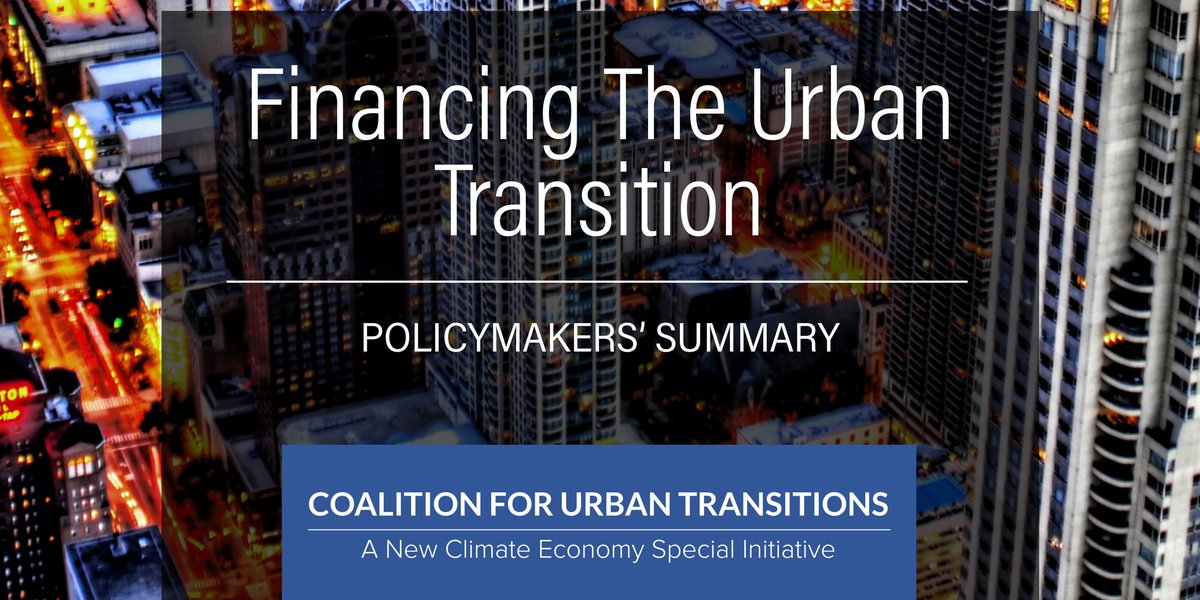
Urbanisation is one of the most important potential drivers of productivity and growth in the global economy. But if countries and cities are to capture the productivity benefits of urban growth while minimising the costs, cities will need to shift to a more economically and environmentally sustainable growth pattern.
This policy brief focuses on the role of national governments in mobilising and directing urban finance, with the aim of supporting policymakers and practitioners to think systematically about financing compact, connected, and coordinated urban development. It identifies three broad areas of action for national and international policymakers-- raising, steering and blending finance.
The report highlights seven key finance mechanisms that could have significant potential for raising, steering, and blending finance for urban sustainable infrastructure. These finance mechanisms support investment in compact, connected, and coordinated urban infrastructure, have potential for financing at scale, lie under national government control or influence, and have supporting evidence of previous effectiveness.
Download Financing the Urban Transition: Policymakers' Summary, a new working paper from the Coalition for Urban Transitions, written by experts from LSE and PwC.






